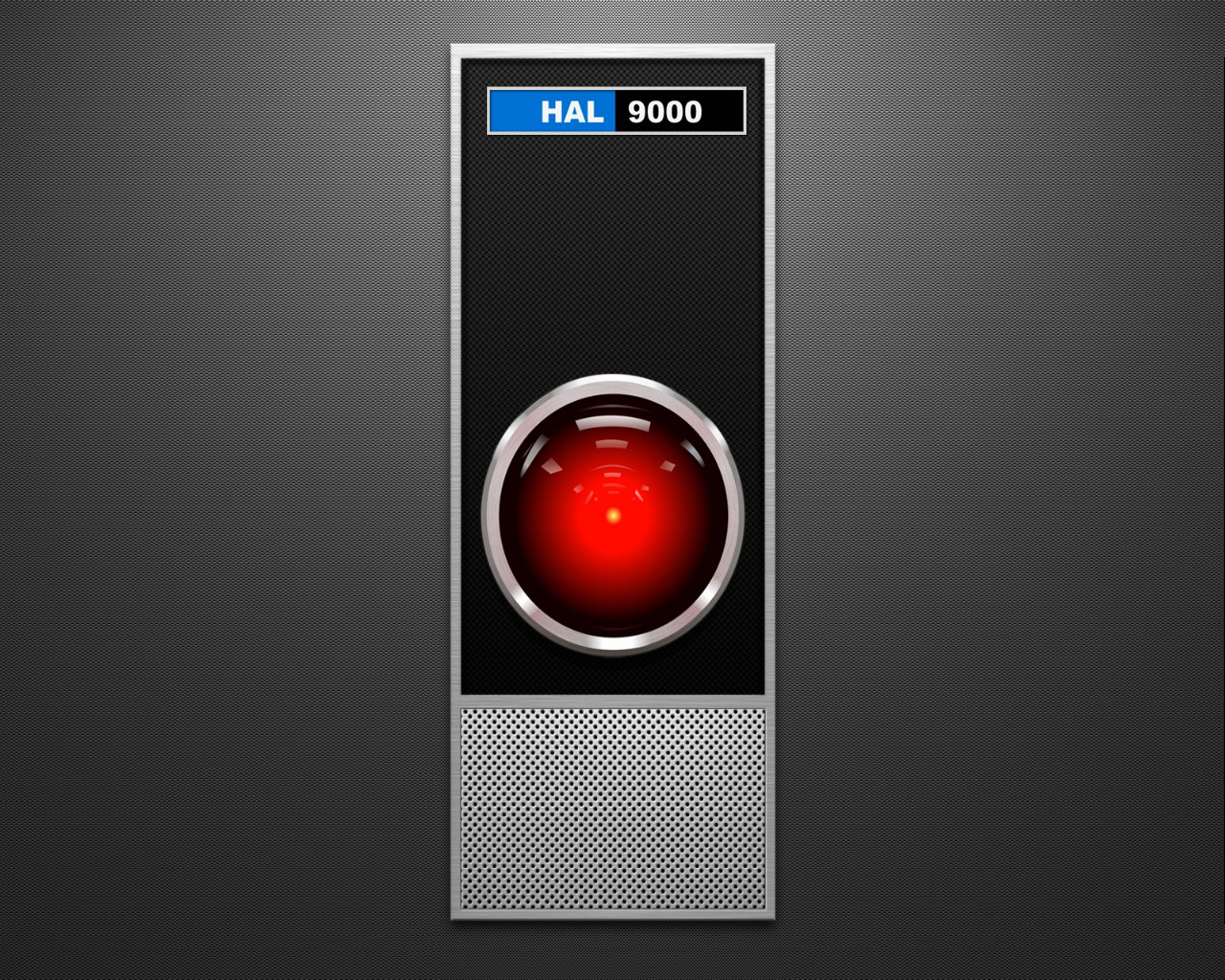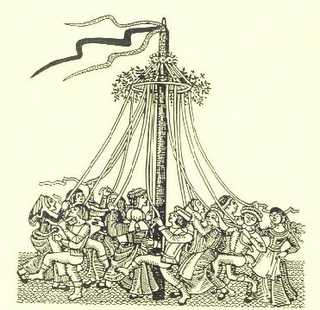dear HAL
further thoughts from 2001:space odyssey
2. in fact, this first encounter with 'fear' is clearly illustrated when HAL's shutting down: 'i can feel it. i can feel it. i can feel it.' paradoxically, until HAL was faced with a new condition (ex. dying), he did not have a chance to realize any emotion at all. which makes me wonder if HAL knew that he was 'alive,' which is different than 'becoming operational.' he was never close to death, which means it may be impossible for HAL to realize HAL itself was alive.
3. monolith: what if the monolith was a live being? i mean, HAL was alive. so what/how to say that monolith was an unconscious thing? if i did not know about fungus, i may think they are like dirt, which would be inanimate. but fungus is alive, just not so obvious as its biological behavior is radically different than other life forms. could it be that monolith was always seeing things?
4. if monolith was seeing things, may be all four parts of the movie (dawn of man, TMA-1, jupiter mission, and beyond the infinite) was happening simultaneously. looking at the nebulous 'ending' of the movie, this interpretation is becoming more and more attractive to me. time is sequential yet time is space-dependent. if monolith was alive and watching, may be it did occupy all four time zones simultaneously. IF someone have never seen a reflection (on water, mirror, whatever), he/she cannot possibly understand satellite communication (based on reflection: wave forms, generation/reception).
5. was HAL bringing the dawn of a new age, jupiter? the idea of burning bright red orbit make the connection irresistible. if so, is HAL responsible for the next phase of life? just monolith was? like the sun, which saw, HAL did see. only difference would be that HAL interacted, the sun did not. but how can one be sure that sun did not interact? what if monolith was another representation of the sun in the contrasting form (black, matte finish, square and 'planted')
5. what the hell happened in the ending?




This comment has been removed by the author.
ReplyDelete(it was a bit vague so I rewrote it as below)
DeleteDon't get me started on the end....!
ReplyDeleteor maybe?
I love your insight into HAL'S fear.
ReplyDeleteHAL (IBM one letter removed) is a replica, in intention. A replica of a living mind in all its complexity, with the added value of perfect memory, instant calculation and infallibilty. I think A C Clarke's message was to highlight the vulnerabilty of 'perfection'.
HAL had two mission objectives; one was programmed as part of the mission from the start. Protect and aid the humans. Robot rule No. 1.
But HAL's mission changed, he was told just before they left for Jupiter, that the new priority was to discover the destination of the alien signal sent from Tycho base in the hope of making contact with extraterrestial life. it was no longer simple planetary exploration.
And here's where, I think HAL has his problem. He has to keep this a secret from the crew. He finds deceit impossible to handle and that's the toot of his psychosis.
HAL now has a dilemma. It's all fine whilst the two aims are confluent, but when Bowman tries to change the mission due to a technical fault, HAL overrrides the human. The mission is the priority, and poor HAL has no choice but to follow his program. Then he suffers mental illness as a result of his conflict.
This is all rather reminiscent of totalitarian rule and fundamentalism, where the principle trumps humanity. And, in the end, humanity usually fights back and wins, which is what Bowman does.
There are so many relevant allegories and parallels to life on Earth in the film, that, to me,its apparent otherworldiness distills magically into absolute crystal clear common sense. A modern fairy tale.
toot? I invented a new term...
ReplyDelete